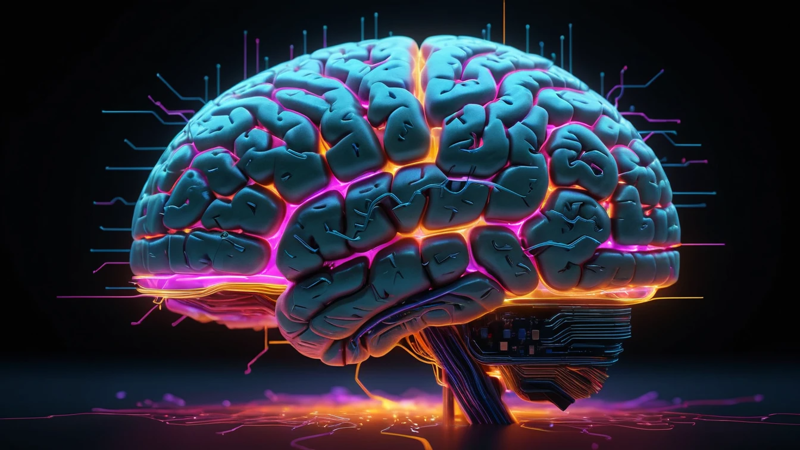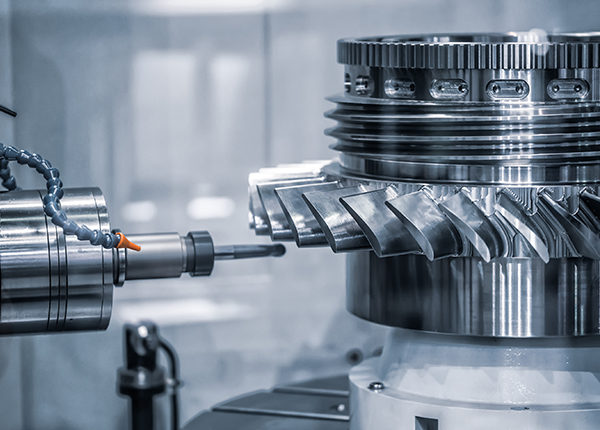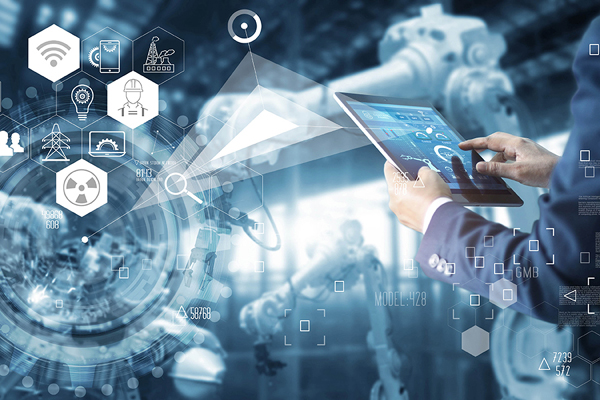Quantum Computing is reshaping the future of AI with faster problem-solving, smarter models, and groundbreaking innovation. Discover how this shift is happening now.
Quantum computing is transforming the future of AI by speeding up data processing, enhancing machine learning models, and enabling complex problem-solving beyond classical computers. It offers massive computational power that opens new frontiers in automation, optimization, and scientific discovery.
How Quantum Computing Is Changing The Future of AI
Have you ever wondered how fast the world could change if computers could think 100 million times faster? 🤔
That’s the promise of quantum computing—and it’s already rewriting what’s possible in artificial intelligence.
In simple terms:
Quantum computers process information in a completely different way than the computers we use today. This gives them massive speed and efficiency, especially for complex problems. When we link that power to AI, we get smarter systems, faster learning, and breakthroughs that were once considered impossible.
Let’s walk through how this new era of computing is reshaping AI—and what it means for you, businesses, and the world.
Understanding Quantum Computing Basics 🧠
Quantum computing works on qubits, not bits.
Where bits are either 0 or 1, qubits can be 0, 1, or both at the same time (superposition).
This allows quantum computers to:
- Explore multiple solutions simultaneously
- Solve extremely complex computations
- Deliver exponential processing power
Meanwhile, classical computers can only process one possibility at a time, making them slower for certain tasks.
The Connection Between Quantum Computing And AI 🤝
AI improves by learning from massive data sets and running repeated calculations.
However, traditional machines hit limits when data becomes overwhelmingly large.
Quantum systems break these limits by:
- Accelerating training times
- Handling multidimensional variables
- Optimizing algorithms faster
This means AI can grow smarter, faster.
Why Quantum Computing Matters For The Future Of AI 🚀
AI models today take days, weeks, or even months to train.
Quantum computing could shrink that to minutes or seconds.
Imagine:
- Real-time disease prediction
- Ultra-accurate weather forecasting
- Secure, instant financial fraud detection
The benefits are vast—and they’re unfolding right now.
Key Differences Between Classical AI and Quantum-AI
| Feature | Classical AI | Quantum AI |
| Processing Power | Linear | Exponential |
| Data Handling | Limited by speed | Scales rapidly with complexity |
| Training Time | Slow to moderate | Extremely fast |
| Problem Solving | Step-by-step | Parallel exploration of solutions |
Quantum AI doesn’t just improve performance—it changes how computing works entirely.
How Quantum Algorithms Improve Machine Learning Models 🧩
Machine learning relies on adjusting parameters across many dimensions.
Quantum algorithms can test and refine these parameters all at once, instead of one by one.
This leads to:
- Faster optimization
- More accurate predictions
- More effective model tuning
It’s like switching from climbing a mountain step-by-step to being airlifted straight to the top.
Quantum Computing And Deep Learning 🧬
Deep learning models—like neural networks—require enormous processing power.
Quantum computing accelerates:
- Pattern recognition
- Feature extraction
- Training loops
This is especially useful in fields like:
- Speech recognition
- Image analysis
- Natural language processing (like ChatGPT 😉)
Quantum AI’s Role In Big Data Analytics 📊
Quantum computing lets AI analyze massive datasets instantly, rather than chunking them into parts.
Benefits include:
- Better decision-making speed
- Real-time predictive analytics
- Faster anomaly detection
Companies analyzing global data streams, financial markets, and healthcare records stand to benefit the most.
Industries Being Transformed By Quantum AI 🏭
| Industry | Impact of Quantum AI | Example Uses |
| Healthcare | Faster drug discovery | Protein folding, disease modeling |
| Finance | Better fraud detection | Market risk prediction |
| Automotive | Smarter self-driving systems | Real-time object recognition |
| Energy | Grid optimization | Renewable energy forecasting |
Quantum AI isn’t science fiction—it’s shaping business strategy today.
Cybersecurity and Quantum AI 🔐
Quantum computing is a double-edged sword for security.
Good news:
It can create unbreakable encryption algorithms.
Bad news:
It can also break current encryption methods instantly.
This is why major governments and companies are racing to build quantum-safe encryption.
Challenges Slowing Down Quantum AI Adoption ⚠️
Quantum computing isn’t mainstream yet because:
- Hardware is expensive
- Systems are extremely delicate
- Requires specialized knowledge
- Not widely accessible (yet)
However, cloud platforms like IBM Quantum, Google Sycamore, and Microsoft Azure Quantum are changing that quickly.
Quantum AI And The Future Of Automation 🤖
Automation powered by quantum AI will:
- Reduce human error
- Speed up repetitive processes
- Improve decision-making accuracy
We’re moving toward AI that learns and adapts without human input.
Will Quantum AI Replace Human Jobs? 💭
Not replace—but transform.
New roles will emerge:
- Quantum software engineers
- AI ethics analysts
- Algorithm optimization specialists
Humans will shift to more strategic and creative work.
Quantum AI vs. Classical AI: Which Is Better?
| Capacity | Classical AI | Quantum AI |
| Speed | Slower | Lightning-fast |
| Scalability | Limited | Massive |
| Suitability | Everyday computing | Advanced research & optimization |
Quantum AI doesn’t replace classical AI—it empowers it.
What The Next 5–10 Years Will Look Like 🔮
- Quantum cloud computing will become mainstream
- AI models will learn in seconds
- Medicine and science will see historic breakthroughs
- Cybersecurity systems will be reinvented
We’re entering the Quantum-AI Era.
Conclusion
Quantum computing is not just improving AI—it’s redefining the limits of what machines can learn and solve.
From faster model training to better decision-making and breakthroughs in healthcare, finance, and science, Quantum AI is shaping the future in ways we are only beginning to understand.
The future of AI is quantum-powered, and it’s unfolding right now.
FAQs
How fast will quantum AI be in the future?
Quantum AI is expected to be millions of times faster than classical computing for complex problem-solving. This could make real-time global analytics possible.
Will quantum computing be available to everyone?
Yes, but not immediately. Cloud-based access will expand first, making quantum tools usable through existing devices.
Can quantum AI help cure diseases?
Absolutely. It speeds up drug discovery and protein modeling, helping researchers solve biological problems faster.
Is quantum AI dangerous?
It has risks—especially for cybersecurity. But new encryption methods are being developed to prevent misuse.
What skills will be important in the quantum AI era?
Skills in machine learning, data science, mathematics, and quantum mechanics will be most valuable.








Leave a Reply